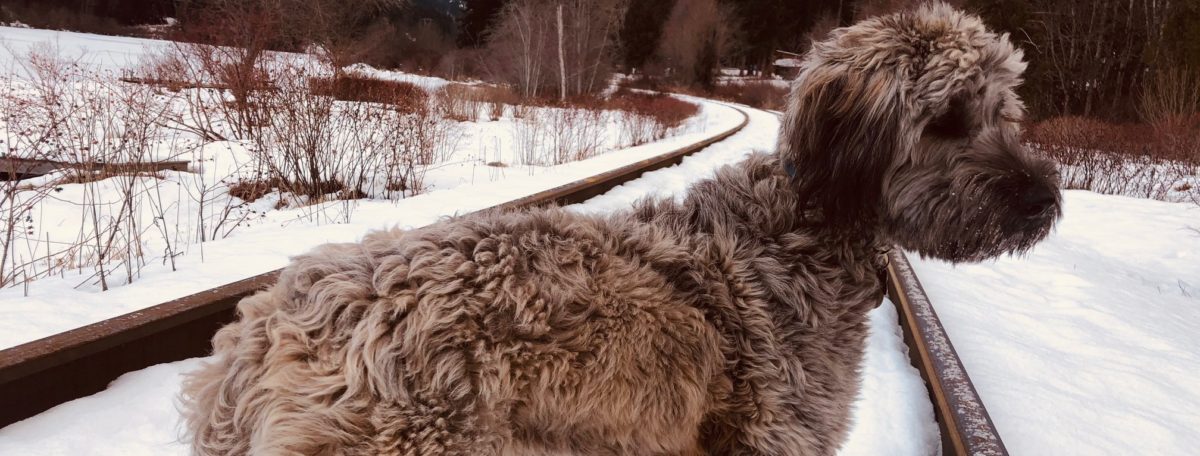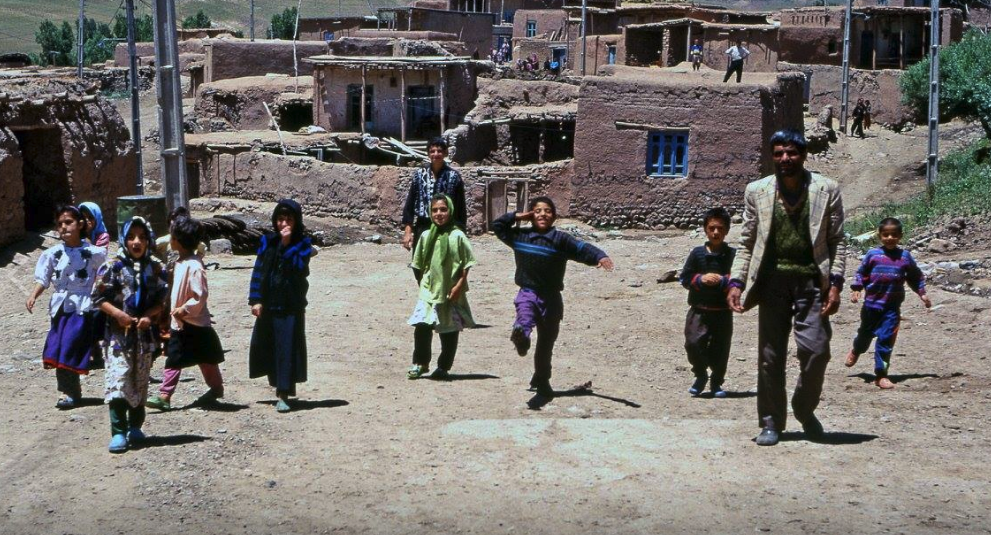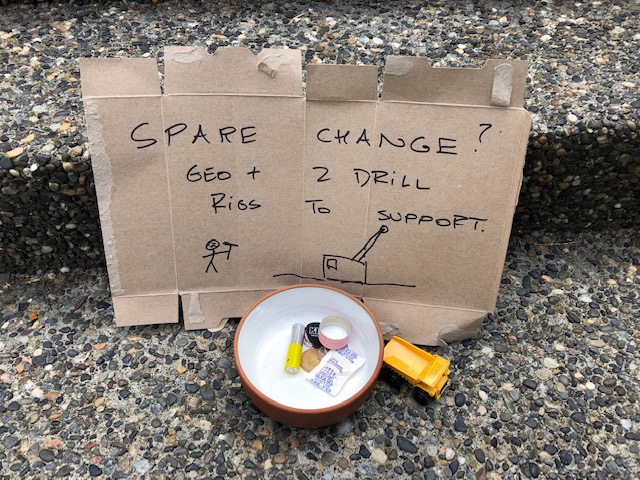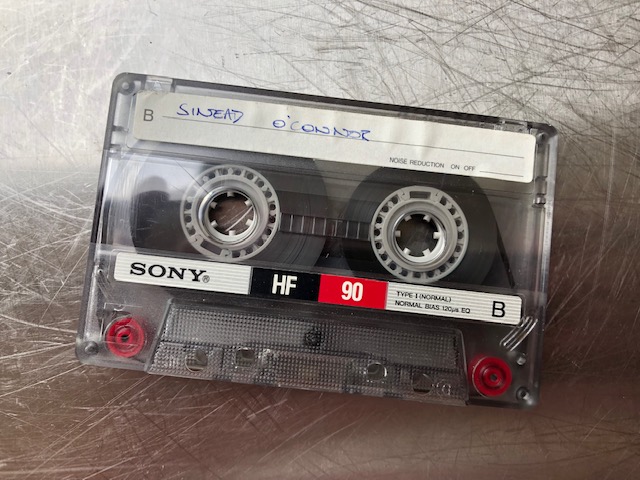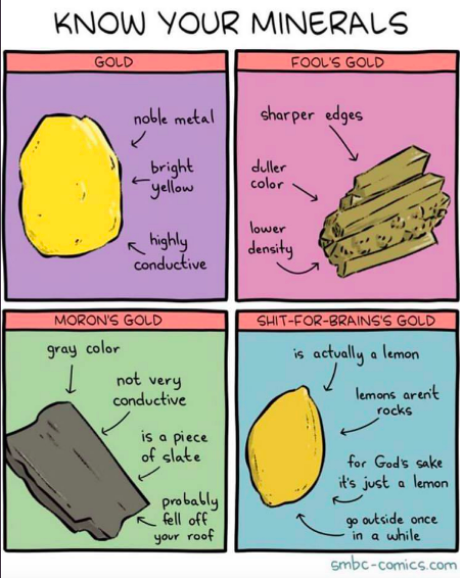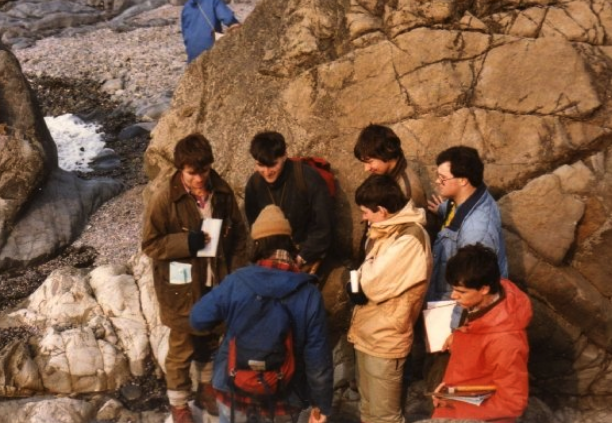Of Sticks and Stone
(I hadn’t planned on a Part 2 to my recent Yemeni post, but this story climbed out of my distant memories and seemed to fit.)
Western-style mineral exploration, as practiced by the typical Vancouver junior, is all about efficiency; how to maximize the data you can tease from the ground for each dollar spent. Or rather it should be about efficiency. Experienced hands know that when the markets get excited and frothy about metals, even Blind Freddy and His Dog can raise cash, as my colleague Graham would say. So I guess the concept of efficiency waxes and wanes in tandem with investor interest in resources.

The Communists, in contrast, were not known for efficient exploration. In last week’s post I took a look at the Communist-sponsored regional exploration of southern Yemen; a piecemeal and ill thought-out mess where the left hand had no clue what the right hand was up to.
Continue reading “Exploring Communism Pt 2”
